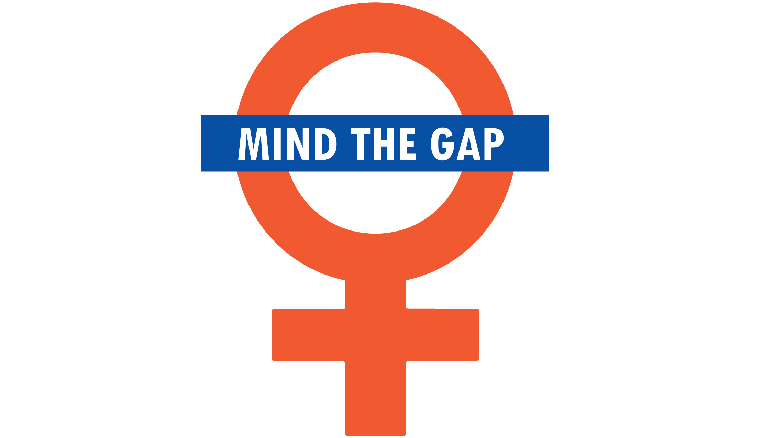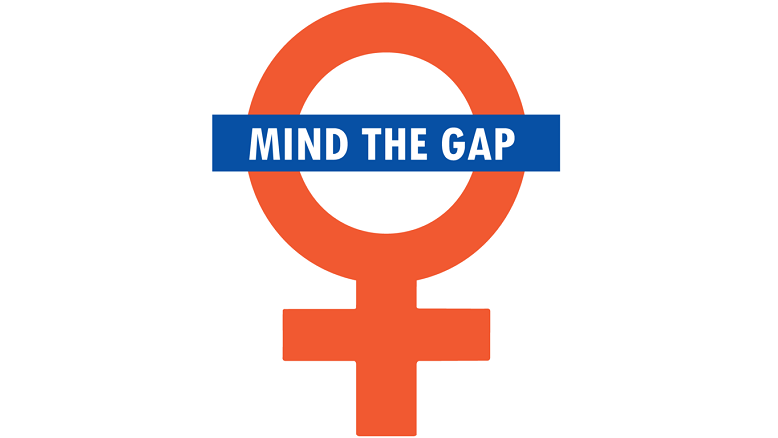Salaries of property professionals rise, but gender pay gap worsens
Salaries for property professionals remained robust in 2017, according to the latest survey by RICS & Macdonald & Company, but the gender pay gap has increased from last year.
- Male property professionals earn, on average, £11,000 more than female counterparts (£7,000 in 2016)
- Sector salary pay rises up 7.2% overall, above UK wage inflation
- Average salaries down, but due to changing demographics of the survey
An evident gap
Male property professionals earn, on average, £11,113 more than their female colleagues (£54,931 versus £43,818). The gap is evident across the majority of age groups and is greatest for those aged 46–55, where the difference in average salary is 25.7%.
Encouragingly, the gender pay gap is now less evident in those starting out in property with females earning slightly more than males, a turnaround from last year where the pay gap was most evident in 18–22 year olds.
The survey indicates the attraction of property as a career choice. Of those who received a pay rise in 2017 in the industry, the average increase was 7.7% (up from 7.1% in 2016); this is far above UK-wage inflation, which sits at 2.7%. Considering the sample as a whole, the industry experienced an increase of +7.2% (6.5% in 2016), with 32% also believing that their pay and benefits will be positively affected by market conditions over the next 12 months.
The benefits of being qualified
Once again, the survey also shows the benefits of being professionally qualified. RICS professionals earn 40.6% more than those who are “not professionally qualified” — this has increased by 29.5% since 2016. Those with an FRICS designation earn 83.3% more than those who are not professionally qualified.
The survey recorded the average salary in 2017 as £52,362. While this is a 4.5% decrease compared to 2016, this may be largely explained by changes in the demographics of the survey this time around. Respondents with 10 years’ experience or fewer rose by 9% (from 31% to 40%), while those with 16 years’ experience or more fell 10% (from 56% to 46%).
Respondents working in Greater London continue to earn the highest average salary (£61,141) and command a premium of 15.5% over the South East, and 41.0% over Northern Ireland/Republic of Ireland. The majority of regions have seen a decrease, but East Anglia (+3.4%), South West/Wales (+2.6%) and Northern Ireland/Republic of Ireland (+1.4%) buck this trend with growth in average wages.
More positively, over half of respondents (53%) believe their organisation will increase headcount in 2017. 47% of respondents expect their organisation to modestly increase headcount, while 6% expect a significant increase in headcount in 2017.

















Leave a Reply
Want to join the discussion?Feel free to contribute!